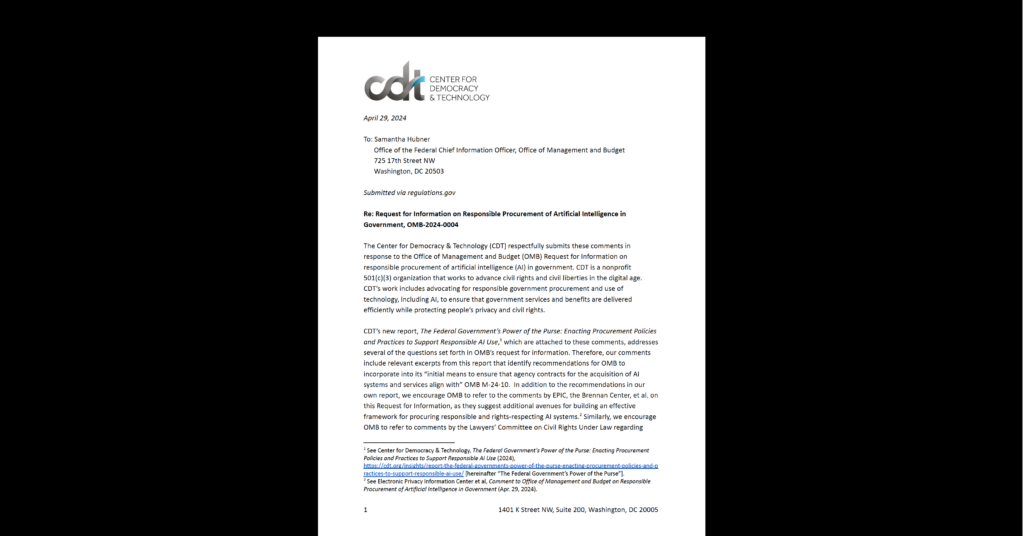Did You Buy It? Can You Sell It? Thoughts on Digital First Sale
 In the week leading up to Saturday’s anniversary of the SOPA blackout, EFF is leading “Copyright Week.” Every day this week, participating organizations will be highlighting a different principle to guide the development of balanced, innovation- and free expression–friendly copyright policy.
In the week leading up to Saturday’s anniversary of the SOPA blackout, EFF is leading “Copyright Week.” Every day this week, participating organizations will be highlighting a different principle to guide the development of balanced, innovation- and free expression–friendly copyright policy.
Today’s theme is “you bought it, you own it,” which sounds simple enough, but it turns out that this raises a lot of tricky issues when “it” is a digital good. EFF goes over some of the issues they see in their post today, and Public Knowledge explores end-user license agreements (EULAs) and whether you really own your software.
Here, I want to talk about another area getting increasing attention in copyright reform conversations: how copyright’s first sale doctrine – your right to sell or otherwise do what you want with your own copy of a work – should apply to digital copies. Academics and advocates have been writing about the issue for a few years, and the US Commerce Department is looking into it through its Internet Policy Task Force. In our comments to the Task Force late last year, we laid out the issues as we see them and offered some starting suggestions for figuring out what a digital first sale doctrine should look like.
Undoubtedly, the first sale doctrine carries substantial benefits to users of copyrighted works.
- First and foremost, it’s what enables secondary markets like rental markets, secondhand stores, and hand-me-downs, which offer innovative, lower-cost ways to access copyrighted works.
- It preserves the accessibility of older, rarer works that are harder to find new.
- It limits rightsholders’ control over how people engage with their works – how to frame or display an artwork or what order to read short stories in.
- It can promote privacy by limiting publishers’ knowledge of who buys what works from secondary markets.
- It reduces lock-in to particular technological platforms; for some, the option to resell, say, vinyl records, may have helped offset the costs of upgrading to CDs.
Clearly it would be a loss for these benefits to simply fade away as commerce in copyrighted works goes digital. Yet first sale as it now exists doesn’t apply when new copies are created, and digital resale usually requires making a new copy of the work in question.
Digital marketplaces may be able to replicate some of the benefits listed above without relying on the first sale doctrine, but not all of them, and not necessarily fully. For example, you can lend titles on some e-book platforms, but not all titles, and the number and duration of allowable loans is typically limited by the publisher. Absent the first sale doctrine, the benefits of preserving access may be lost entirely. If a work’s original distributor goes out of business, no one would have the right to keep it circulating in secondary markets.
These and some other examples we discuss in our comments suggest that first sale should be carried forward to apply to digital goods. At the same time, however, there are growing business models for digital content where first sale seems an awkward fit. The growth of subscription services for music and movies suggests that in some respects consumers’ access to works need not involve ownership at all. And it would be unwise for an all-or-nothing solution to the digital first sale conundrum to force distribution through ownership models exclusively.
So the challenge for policymakers is to find ways to achieve digital first sale without foreclosing business models where it does not fit. CDT therefore suggested to the Task Force that it would be useful to develop criteria for distinguishing those scenarios where it would be appropriate to extend first sale principles from those where it would not. For example, a digital first sale rule should not try to restrain all non-purchase business models. But it makes sense for the regime to recognize a “forward and delete” approach, applying first sale to digital purchases even where resale requires making a copy, so long as the original is deleted.
Others may have other criteria to suggest. Whatever they may be, ideally the end result will be a regime for the digital environment that captures the benefits of first sale in the offline world, but that is perhaps more nuanced and carefully tailored in its application than an all-or-nothing approach.


